(update property name) |
|||
| (22 révisions intermédiaires par 7 utilisateurs non affichées) | |||
| Ligne 1 : | Ligne 1 : | ||
{{Tuto Details | {{Tuto Details | ||
| − | | | + | |Main_Picture=MOL_Step01_01.jpg |
| − | | | + | |Licences=Attribution (CC BY) |
| − | |Description= | + | |Description=<translate><!--T:1--> A DIY Mölkky, the famous Finnish game.</translate> |
| − | |Difficulty= | + | |Area=Sport and Outside, Play and Hobbies |
| + | |Type=Creation | ||
| + | |Difficulty=Easy | ||
| + | |Duration=2 | ||
| + | |Duration-type=hour(s) | ||
|Cost=20 | |Cost=20 | ||
| − | | | + | |Currency=EUR (€) |
| − | + | |Tags=Bois, Mölkky, Jeux, été | |
| − | | | + | |SourceLanguage=none |
| − | + | |Language=en | |
| − | | | + | |IsTranslation=0 |
| − | | | ||
| − | | | ||
}} | }} | ||
| − | {{ | + | {{Introduction |
| − | + | |Introduction=<translate><!--T:27--> A nice set of Mölkky.</translate> | |
| − | | | + | }} |
| − | + | {{Materials | |
| − | |||
| − | |||
| − | |||
| − | |||
| − | |||
| − | |||
| − | |||
| − | |||
| − | |||
| − | |||
| − | |||
| − | |||
|Step_Picture_00=MOL_Step02_01.jpg | |Step_Picture_00=MOL_Step02_01.jpg | ||
|Step_Picture_01=MOL_Step02_02.jpg | |Step_Picture_01=MOL_Step02_02.jpg | ||
| − | | | + | |Material=<translate><!--T:2--> |
| − | + | The main thing you need for this is wood. | |
| − | + | ||
| − | | | + | <!--T:3--> |
| + | You can buy finished wood, recycle chair legs, or use found wood like driftwood or fallen branches (remember, do not cut or break wood from live trees). Aim for a thickness of around five to eight centimetres (two to three inches), and around two metres (six feet) in total. | ||
| + | |||
| + | <!--T:4--> | ||
| + | The exact dimensions are not crucial, go with what fits your available materials and suits your personal taste (there isn't even a hard reason for your skittles to have a circular cross section, so, go ahead, make them square if you want).</translate> | ||
| + | |Tools=<translate><!--T:14--> | ||
| + | * Wood saw (hand or power saw) | ||
| + | * Sandpaper or a knife for smoothing edges | ||
| + | * Paint to mark numbers on the skittles</translate> | ||
}} | }} | ||
| + | {{Separator}} | ||
{{Tuto Step | {{Tuto Step | ||
| − | |Step_Title= | + | |Step_Title=<translate><!--T:5--> Sketch</translate> |
| − | |Step_Content= | + | |Step_Content=<translate><!--T:6--> |
| + | You need to cut twelve skittles and one throwing pin, or mölkky (although you may wish to cut two). | ||
| − | + | <!--T:7--> | |
| + | The skittles need to be cut with one end at around a 30º angle. If you are cutting all the skittles from a single piece of wood, that means that you need to alternate between 30º and 90º cuts, starting with a 30º cut. | ||
| − | + | <!--T:8--> | |
| + | You are aiming for lengths of about 20cm / 8" for both the skittles and the mölkky.</translate> | ||
|Step_Picture_00=MOL_Step03_01.jpg | |Step_Picture_00=MOL_Step03_01.jpg | ||
| − | |||
| − | |||
| − | |||
| − | |||
| − | |||
}} | }} | ||
{{Tuto Step | {{Tuto Step | ||
| − | |Step_Title= | + | |Step_Title=<translate><!--T:15--> Cut the wood</translate> |
| − | |Step_Content= | + | |Step_Content=<translate><!--T:16--> Cut with the saw.</translate> |
| − | |||
| − | |||
| − | |||
| − | |||
|Step_Picture_00=MOL_Step04_01.jpg | |Step_Picture_00=MOL_Step04_01.jpg | ||
| − | |||
| − | |||
| − | |||
| − | |||
| − | |||
}} | }} | ||
{{Tuto Step | {{Tuto Step | ||
| − | |Step_Title= | + | |Step_Title=<translate><!--T:17--> Result</translate> |
| − | |Step_Content= | + | |Step_Content=<translate><!--T:18--> Result after cutting</translate> |
| − | + | |Step_Picture_00=MOL_Step05_01.jpg | |
| − | + | }} | |
| + | {{Tuto Step | ||
| + | |Step_Title=<translate><!--T:19--> Sand the wood</translate> | ||
| + | |Step_Content=<translate><!--T:20--> Sand to make it smooth.</translate> | ||
|Step_Picture_00=MOL_Step06_01.jpg | |Step_Picture_00=MOL_Step06_01.jpg | ||
| − | |||
| − | |||
| − | |||
| − | |||
| − | |||
}} | }} | ||
{{Tuto Step | {{Tuto Step | ||
| − | |Step_Title= | + | |Step_Title=<translate><!--T:21--> Create stencils</translate> |
| − | |Step_Content= | + | |Step_Content=<translate><!--T:22--> Cut the numbers.</translate> |
| − | |||
| − | |||
|Step_Picture_00=MOL_Step07_01.jpg | |Step_Picture_00=MOL_Step07_01.jpg | ||
| − | |Step_Picture_01= | + | |Step_Picture_01=MOL_Step07_02.jpg |
| − | |Step_Picture_02= | + | |Step_Picture_02=MOL_Step07_03.jpg |
| − | |||
| − | |||
| − | |||
}} | }} | ||
{{Tuto Step | {{Tuto Step | ||
| − | |Step_Title= | + | |Step_Title=<translate><!--T:9--> Marking</translate> |
| − | |Step_Content= | + | |Step_Content=<translate><!--T:10--> |
| − | + | The skittles need to be marked with the numbers 1 to 12 on the sloped end. | |
| − | + | ||
| − | + | <!--T:11--> | |
| − | + | You can carve the numbers in, paint them on, use permanent markers or any combination you like. | |
| − | + | ||
| − | | | + | <!--T:12--> |
| + | I painted the numbers with a spray paint and stencils.</translate> | ||
| + | |Step_Picture_00=MOL_Step08_01.gif | ||
}} | }} | ||
{{Tuto Step | {{Tuto Step | ||
| − | |Step_Title= | + | |Step_Title=<translate><!--T:13--> Play the game</translate> |
| − | + | |Step_Content=<translate><!--T:23--> | |
| − | + | Final result</translate> | |
| − | + | |Step_Picture_00=MOL_Step09_01.jpg | |
| − | |||
| − | | | ||
| − | |||
| − | | | ||
}} | }} | ||
{{Tuto Step | {{Tuto Step | ||
| − | |Step_Title= | + | |Step_Title=<translate><!--T:28--> Rules</translate> |
| − | |Step_Content= | + | |Step_Content=<translate><!--T:24--> |
| + | The players use a wooden pin (also called "mölkky", or “bozo”) to try to knock over wooden pins (also called "skittles") of almost similar dimensions with the throwing pin, which are marked with numbers from 1 to 12. The pins are initially placed in a tight group in an upright position 3–4 metres away from the throwing place, with the pins organized as follows: 1st row, 1/2; 2nd row, 3/10/4; 3rd row, 5/11/12/6; 4th row, 7/9/8. | ||
| − | + | <!--T:25--> | |
| + | Knocking over one pin scores the number of points marked on the pin. Knocking 2 or more pins scores the number of pins knocked over (e.g., knocking over 3 pins scores 3 points). A pin does not count if it is leaning on the mölkky or one of the numbered pins (it must be parallel to the ground to count). | ||
| − | + | <!--T:29--> | |
| − | + | After each throw, the pins are stood up again in the exact location where they landed. The first one to reach exactly 50 points wins the game. Scoring more than 50 will be penalised by setting the player's score back to 25 points. A player will be eliminated from the game if they miss all of the target pins three times in a row.</translate> | |
| − | + | |Step_Picture_00=Mölkky_800px-Molkky__game_start.png | |
| − | |||
| − | |||
| − | |||
| − | | | ||
}} | }} | ||
{{Notes | {{Notes | ||
| − | |Notes= | + | |Notes=<translate><!--T:26--> Rules from [https://en.wikipedia.org/wiki/M%C3%B6lkky en.wikipedia.org/wiki/M%C3%B6lkky] (picture CC-BY-SA [https://commons.wikimedia.org/wiki/User:Symac Symac])</translate> |
}} | }} | ||
| + | {{Tuto Status | ||
| + | |Complete=Published | ||
| + | }} | ||
| + | {{Separator}} | ||
Version actuelle datée du 9 décembre 2019 à 11:46
Introduction
Matériaux
The main thing you need for this is wood.
You can buy finished wood, recycle chair legs, or use found wood like driftwood or fallen branches (remember, do not cut or break wood from live trees). Aim for a thickness of around five to eight centimetres (two to three inches), and around two metres (six feet) in total.
The exact dimensions are not crucial, go with what fits your available materials and suits your personal taste (there isn't even a hard reason for your skittles to have a circular cross section, so, go ahead, make them square if you want).
Outils
- Wood saw (hand or power saw)
- Sandpaper or a knife for smoothing edges
- Paint to mark numbers on the skittles
Étape 1 - Sketch
You need to cut twelve skittles and one throwing pin, or mölkky (although you may wish to cut two).
The skittles need to be cut with one end at around a 30º angle. If you are cutting all the skittles from a single piece of wood, that means that you need to alternate between 30º and 90º cuts, starting with a 30º cut.
You are aiming for lengths of about 20cm / 8" for both the skittles and the mölkky.
Étape 6 - Marking
The skittles need to be marked with the numbers 1 to 12 on the sloped end.
You can carve the numbers in, paint them on, use permanent markers or any combination you like.
I painted the numbers with a spray paint and stencils.
Étape 8 - Rules
The players use a wooden pin (also called "mölkky", or “bozo”) to try to knock over wooden pins (also called "skittles") of almost similar dimensions with the throwing pin, which are marked with numbers from 1 to 12. The pins are initially placed in a tight group in an upright position 3–4 metres away from the throwing place, with the pins organized as follows: 1st row, 1/2; 2nd row, 3/10/4; 3rd row, 5/11/12/6; 4th row, 7/9/8.
Knocking over one pin scores the number of points marked on the pin. Knocking 2 or more pins scores the number of pins knocked over (e.g., knocking over 3 pins scores 3 points). A pin does not count if it is leaning on the mölkky or one of the numbered pins (it must be parallel to the ground to count).
After each throw, the pins are stood up again in the exact location where they landed. The first one to reach exactly 50 points wins the game. Scoring more than 50 will be penalised by setting the player's score back to 25 points. A player will be eliminated from the game if they miss all of the target pins three times in a row.
Notes et références
Rules from en.wikipedia.org/wiki/M%C3%B6lkky (picture CC-BY-SA Symac)
Published
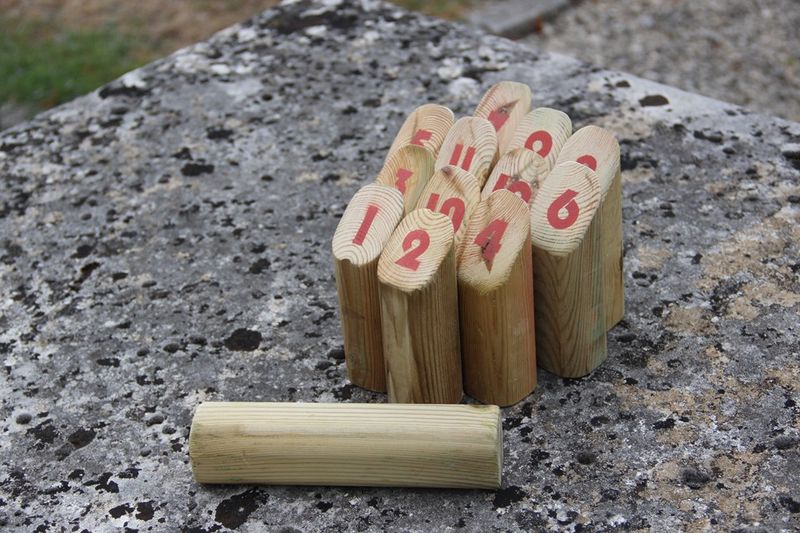
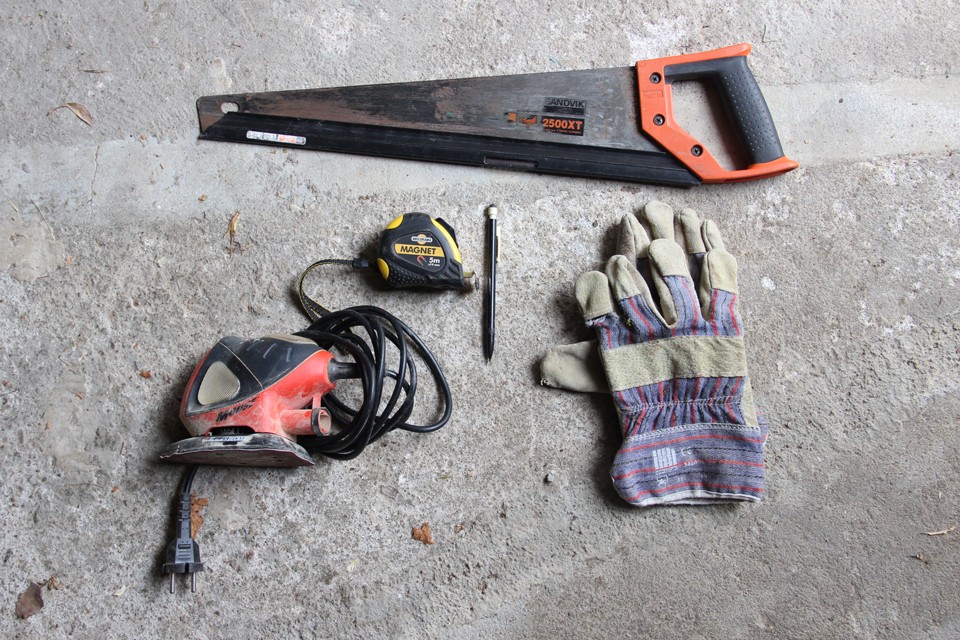
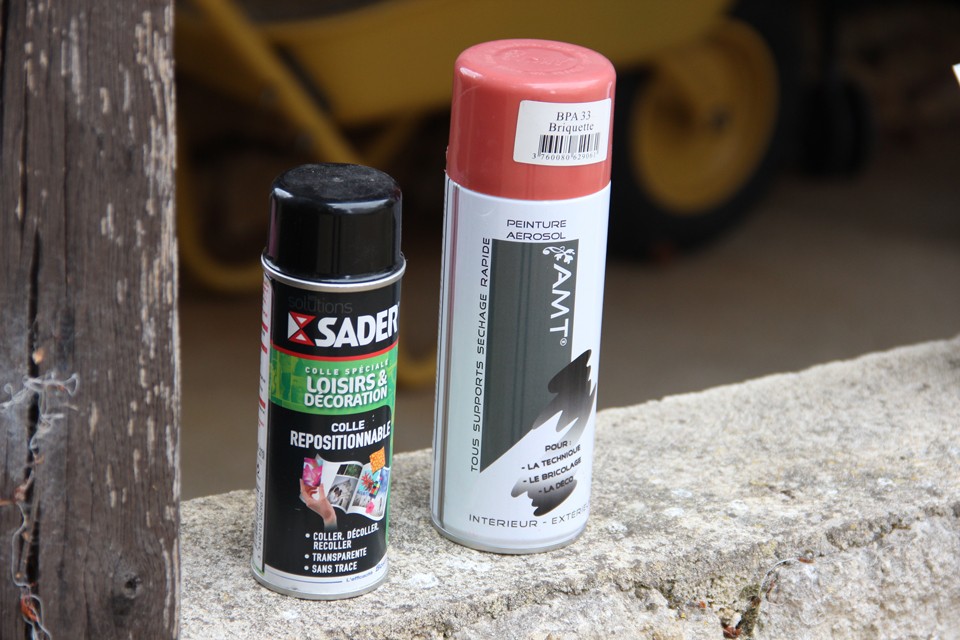
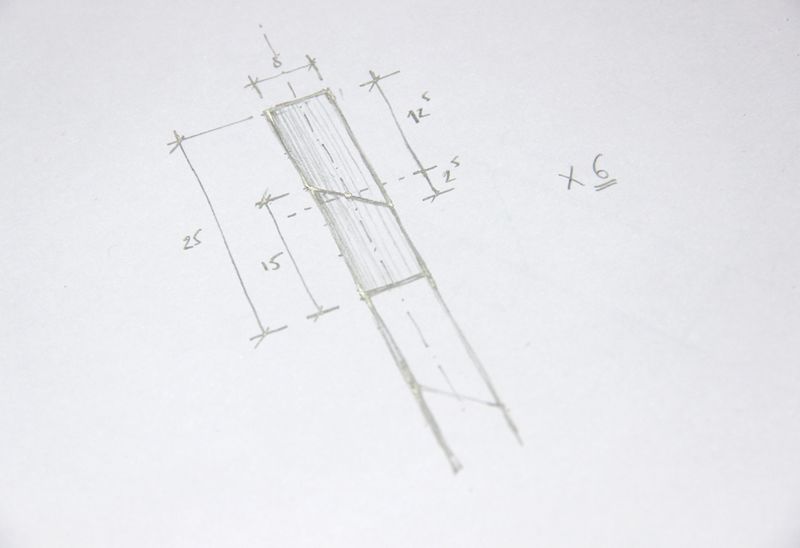
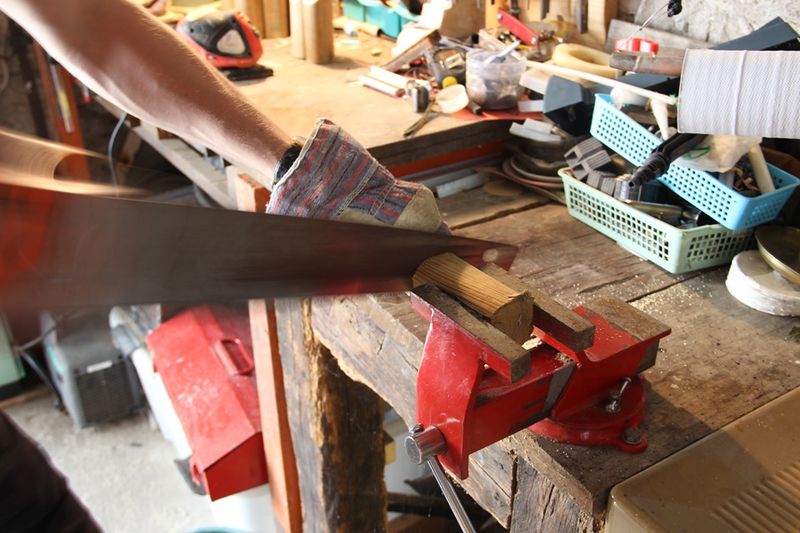
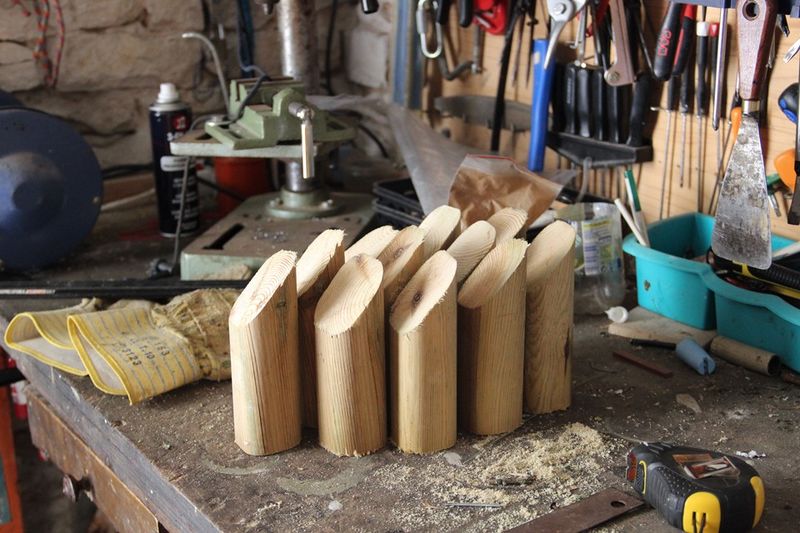
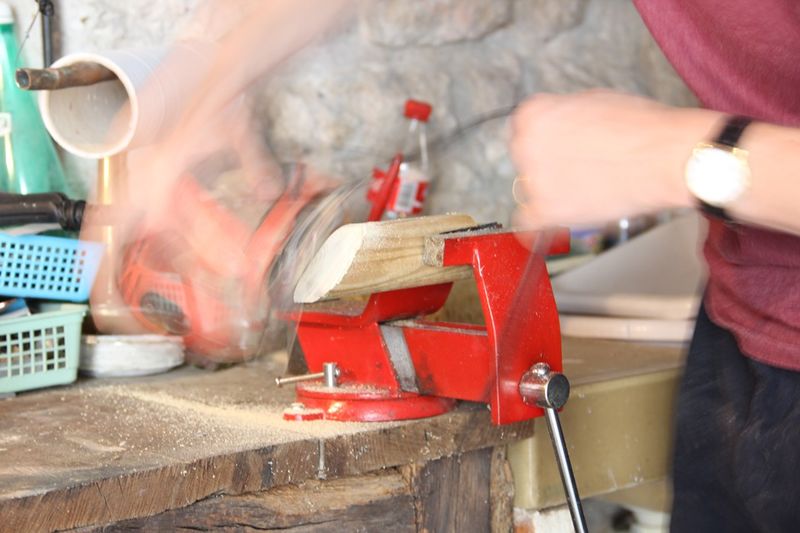
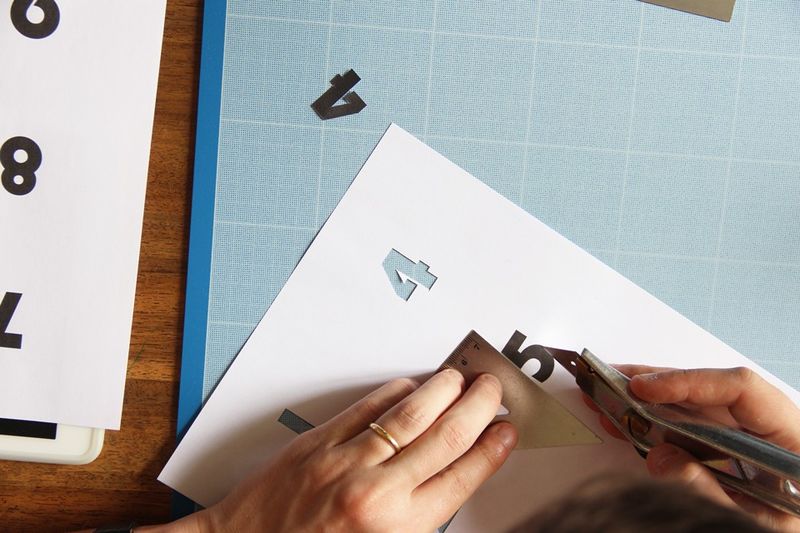
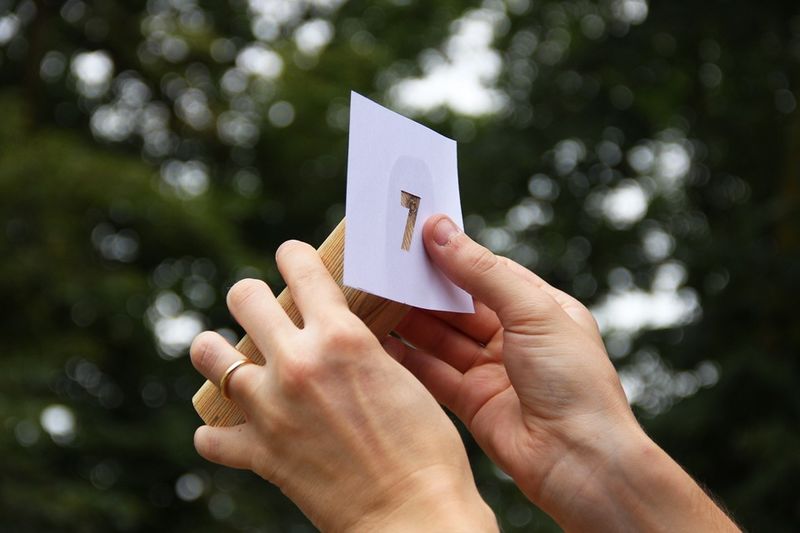
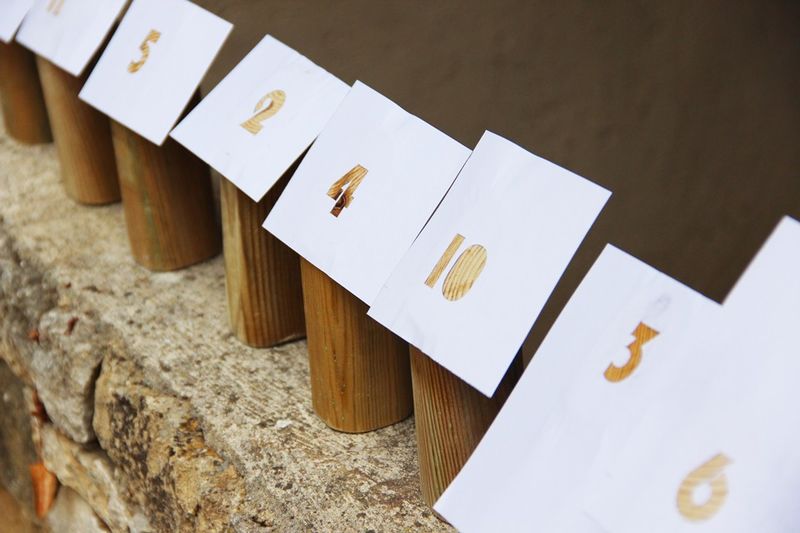
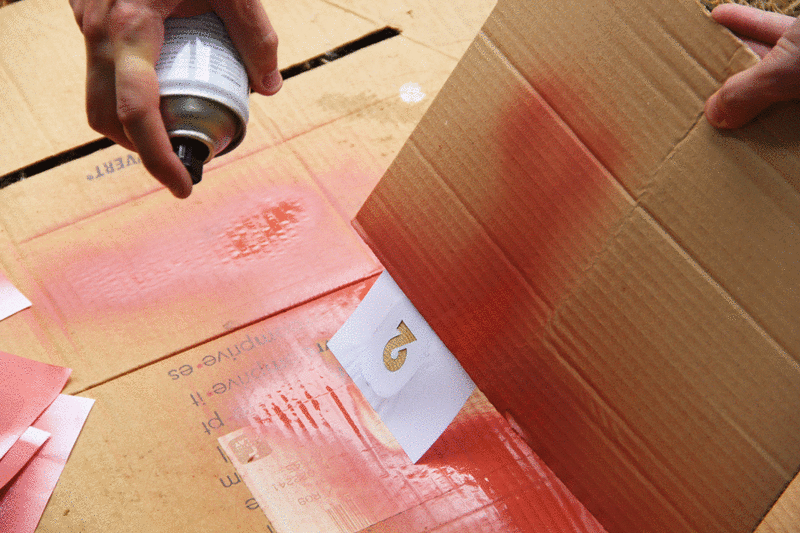
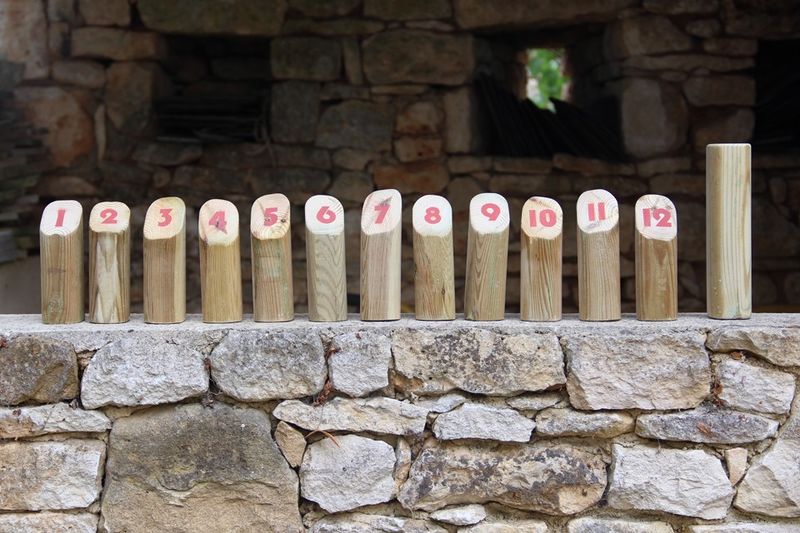
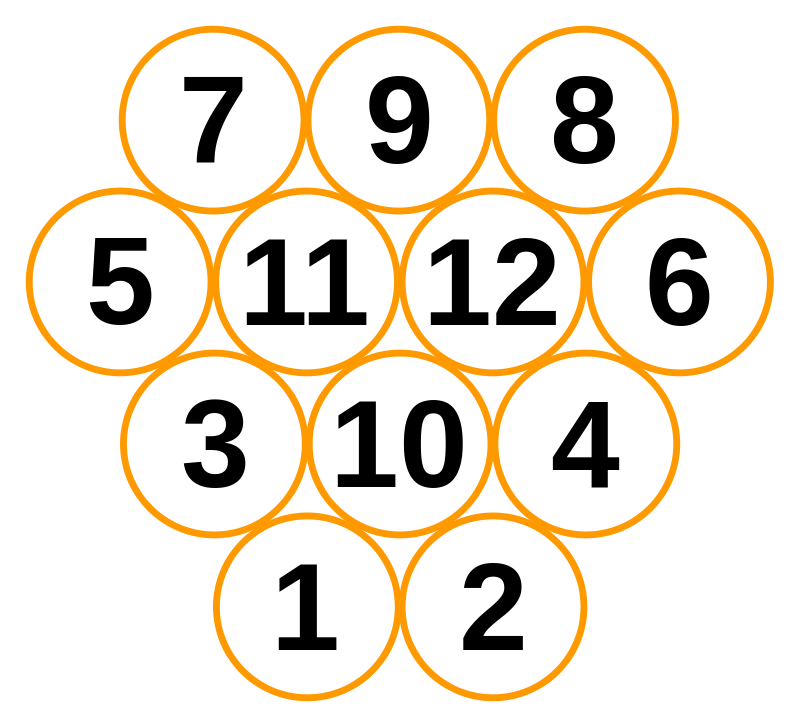
 Français
Français English
English Deutsch
Deutsch Español
Español Italiano
Italiano Português
Português